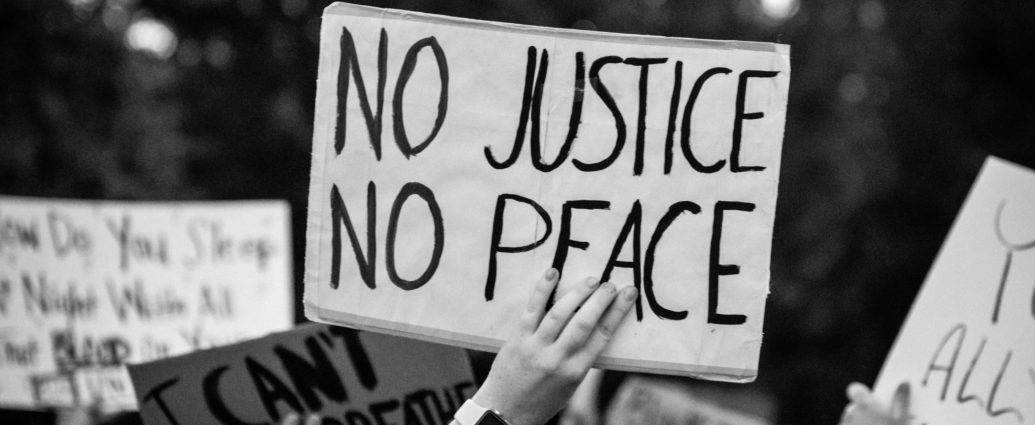The Police, Crime, Sentencing, and Courts Bill is a legislative document outlining government proposals on crime and justice. In the aftermath of Saturday’s vigil in memory of Sarah Everard in London, MPs will debate on the efficiency of this bill, with changes to protest rights expected.
Under the current legislation, police have the power to restrict protests if they may result in “serious public disorder, serious damage to property, or serious disruption to the life of the community.”
Despite organiser Reclaim The Streets cancelling their event, police were met with a force of women and men demonstrating their right to protest during Saturday night’s vigil for Sarah Everard.
Whilst current lockdown restrictions limit gatherings to groups of two at a distance of two metres, hundreds gathered in Clapham Common on Saturday evening in an organised vigil in memory of Ms Everard.
Changes to this bill are expected as follows, giving the police the power to:
- Impose start and finish times on protests
- Set noise limits
- Apply these rules to any demonstration with any number of protestors
Once these new restrictions are implemented, it will also be a crime for protestors to not follow restrictions they “ought” to have known about without direct instruction from officers.
It will also become an offence to “intentionally or recklessly [cause] public nuisance.”
In response to the damage and removal of the statue of slave trader Edward Colston in Bristol, any damage to memorials will be able to evoke prison sentences onto the accused of up to ten years.
The desire for change by government officials and police officers comes in response to the mass disruption caused by protests since Extinction Rebellion demonstrations in 2019.
Police will have to work carefully with government officials to ensure the public’s needs are met under the Human Rights Act whilst at the same time maintaining public safety.
But not everyone has gathered in support of this new planned legislation.
David Lammy, Shadow Justice Secretary, claimed the legislation to be “a mess” and includes “poorly thought-out measures to impose disproportionate controls on free expression and the right to protest.”
Amnesty International UK has predicted a rise in demonstrations such as that which took place in Clapham Common if such legislation is made law.
Within the coming weeks, the UK is expected to see a great change in freedom of speech and the freedom to protest. What exactly will be included in this bill is yet to be finalised but it will certainly be making its mark on protestors of the future.
Madeleine Raine
Featured image courtesy of Kalea Morgan via Unsplash. Image license is available here. This image has in no way been altered.

